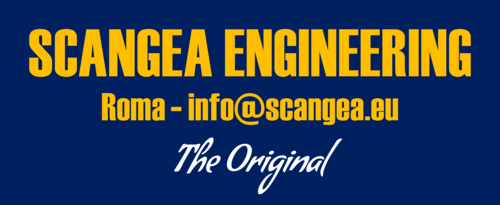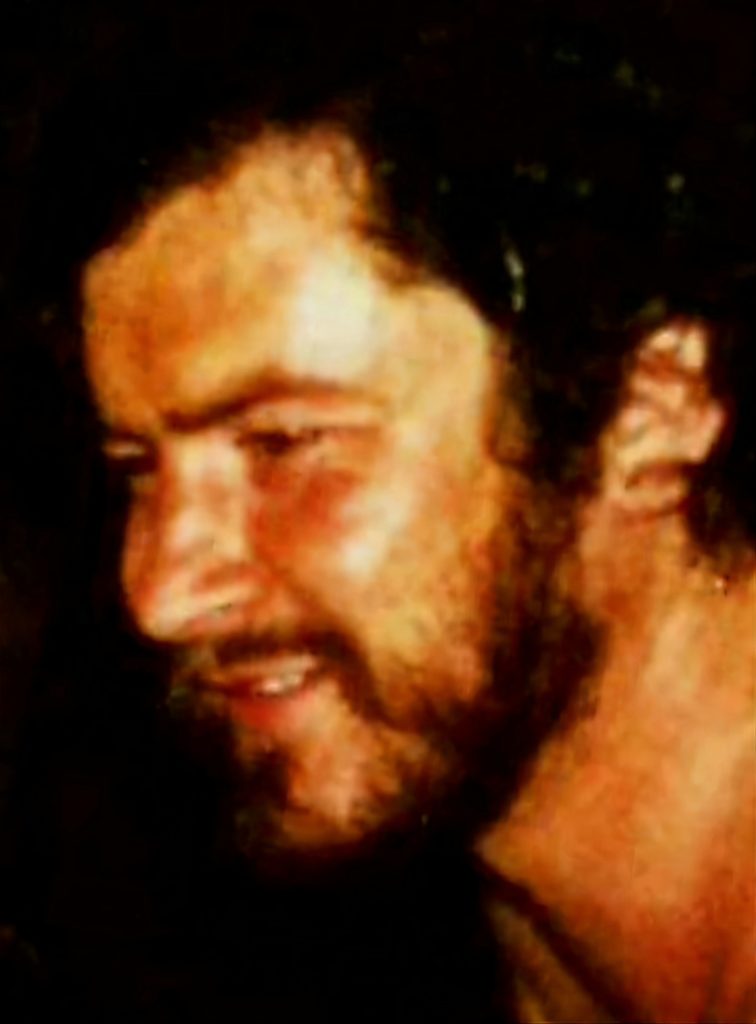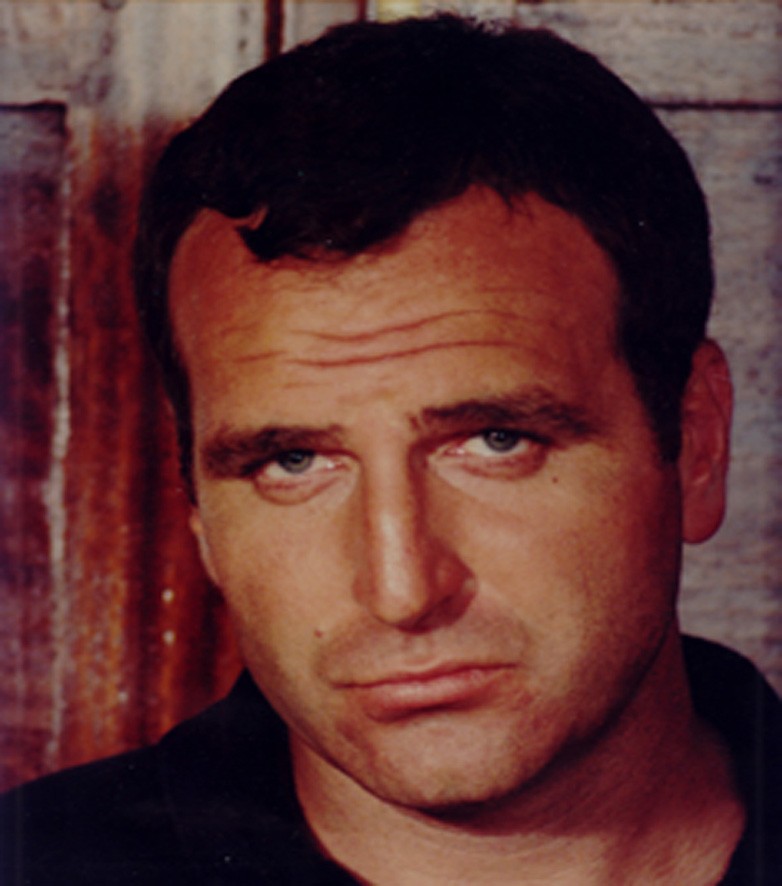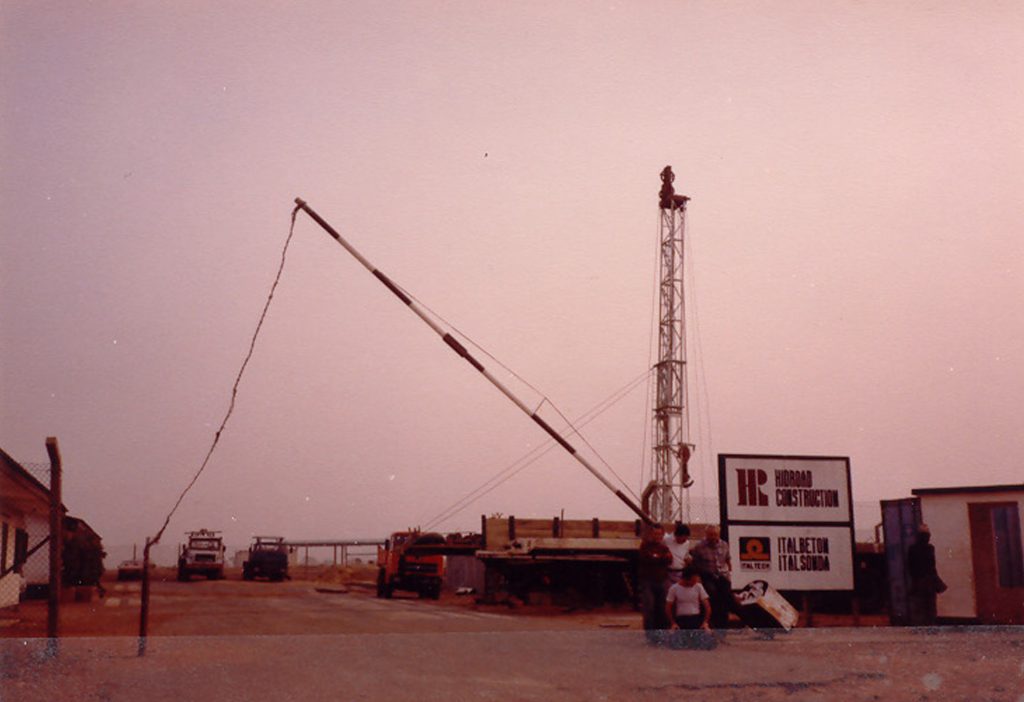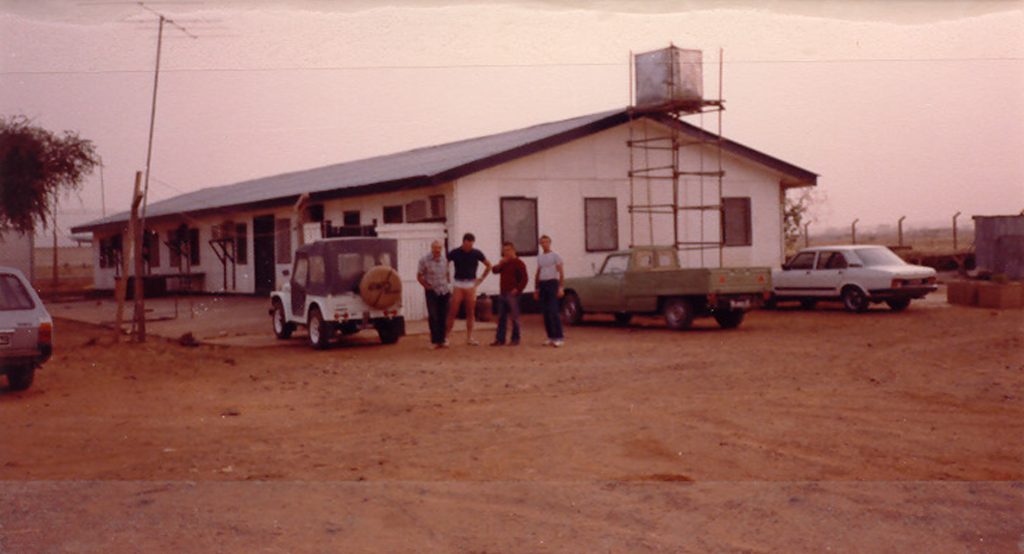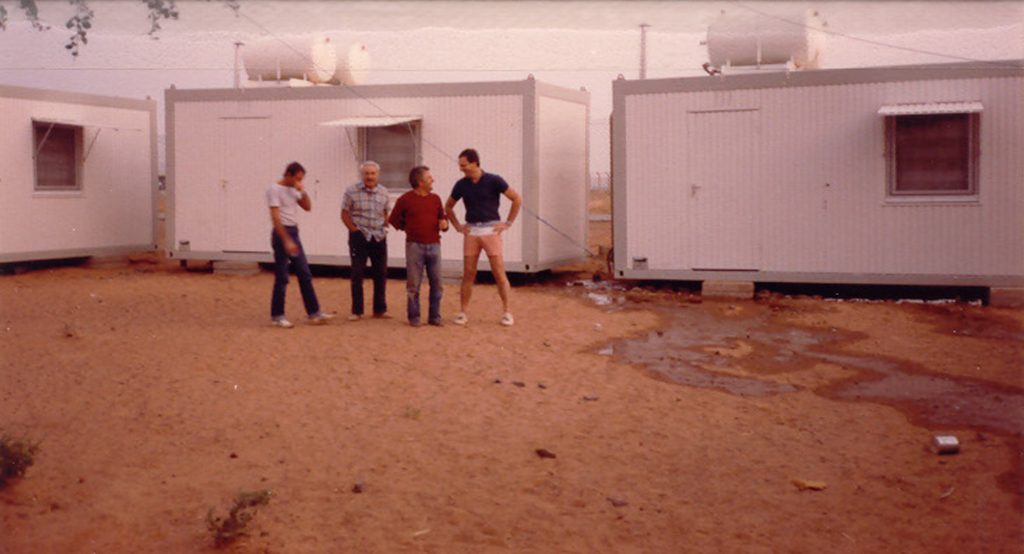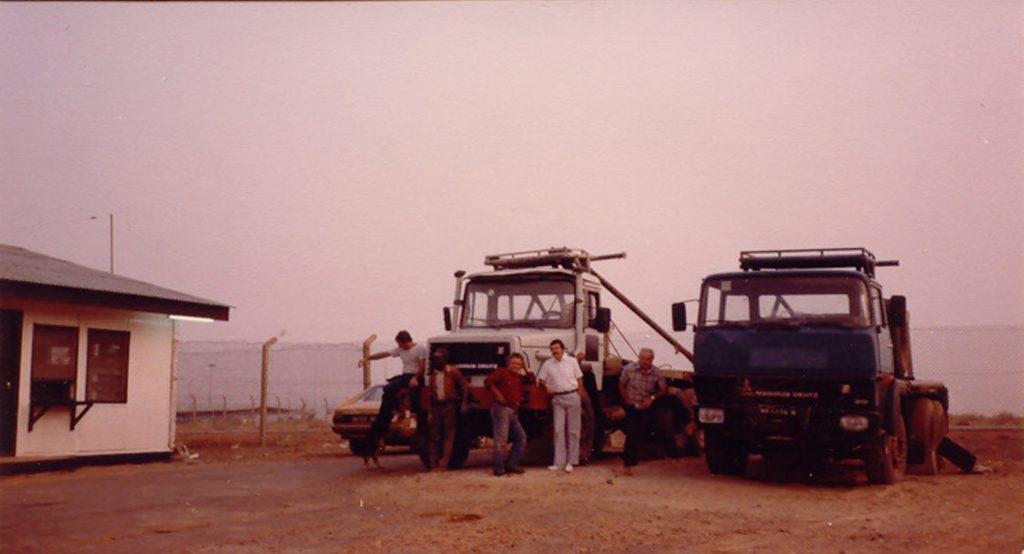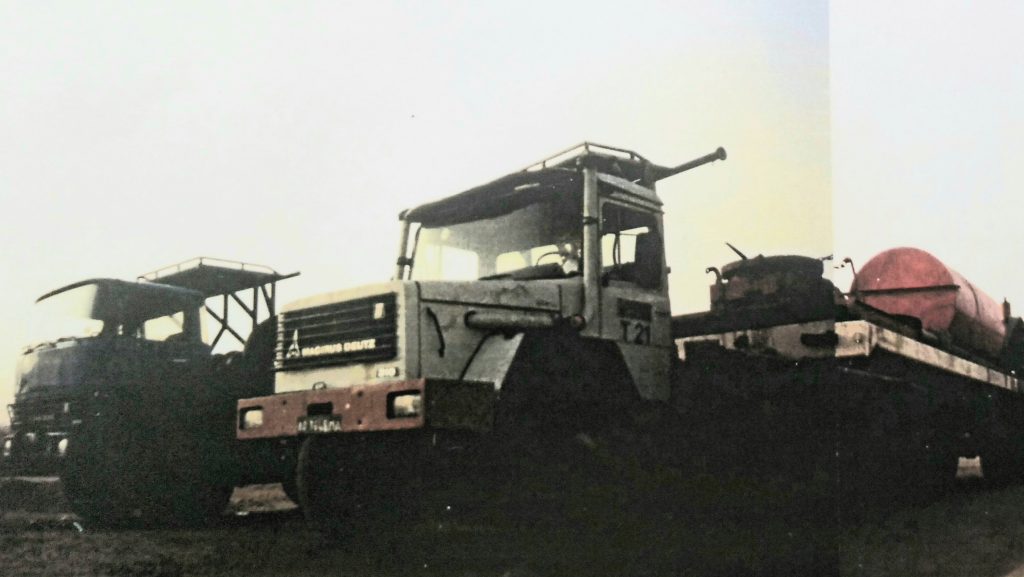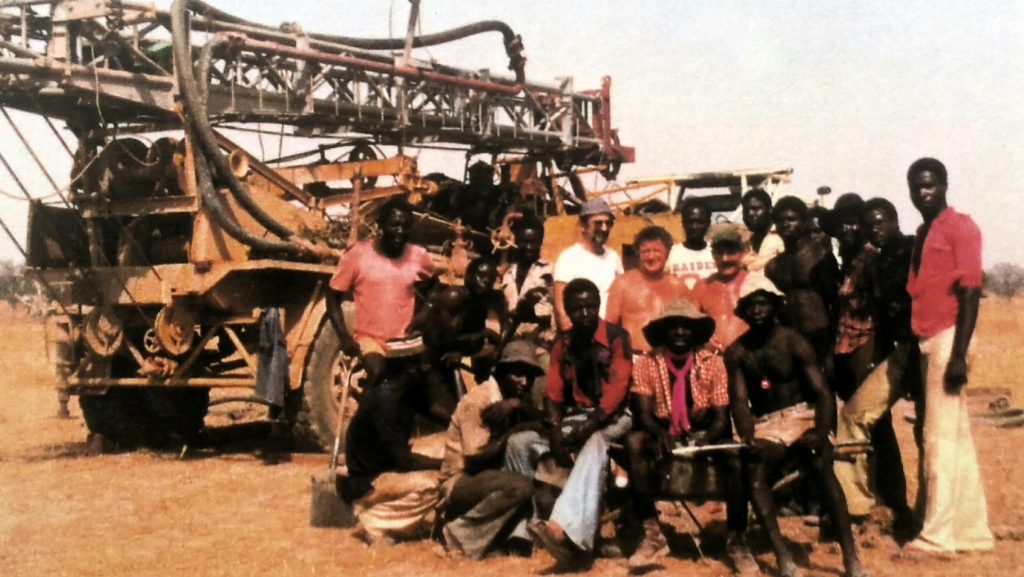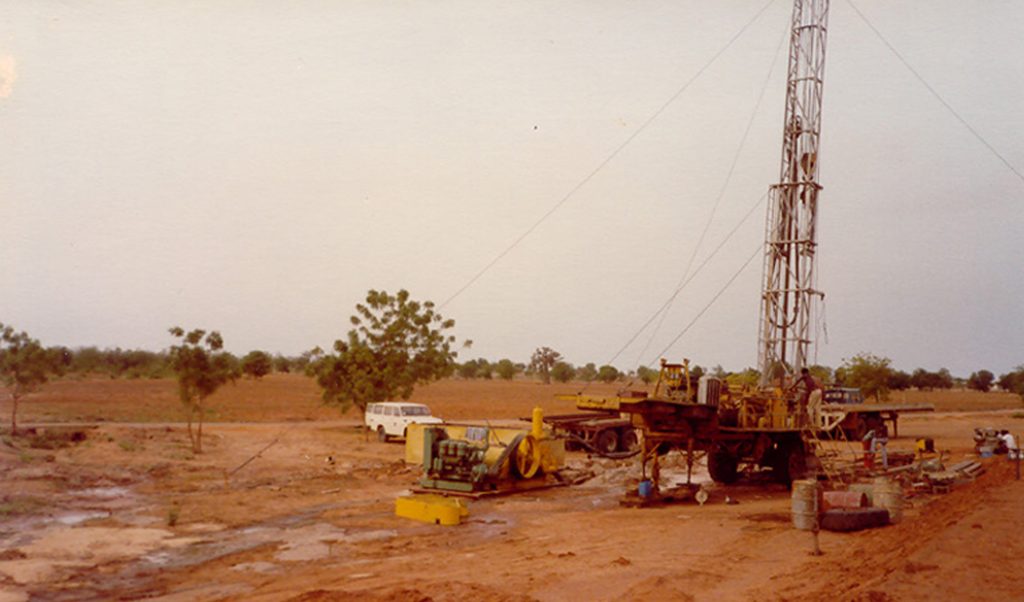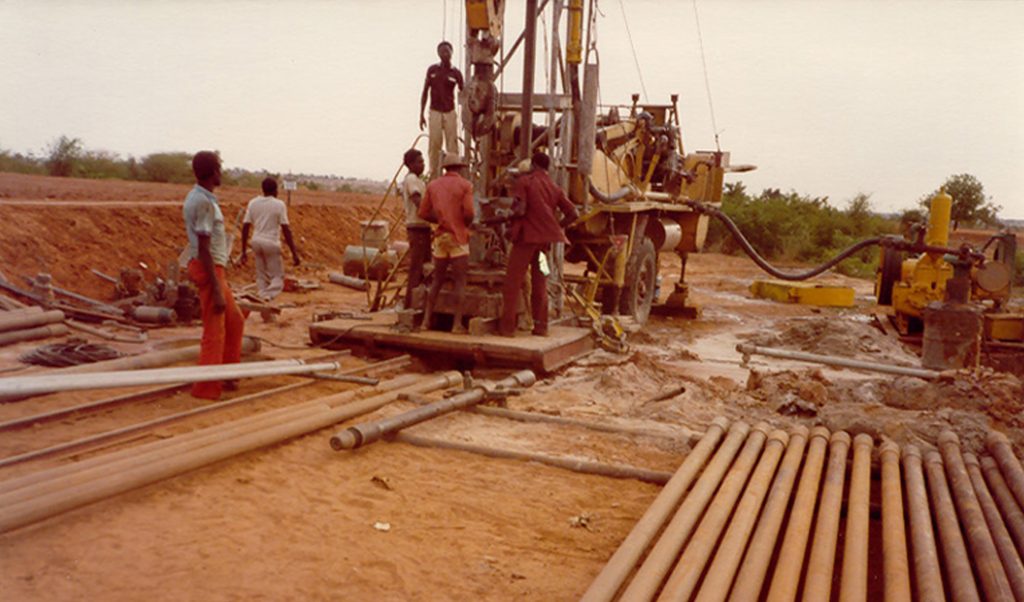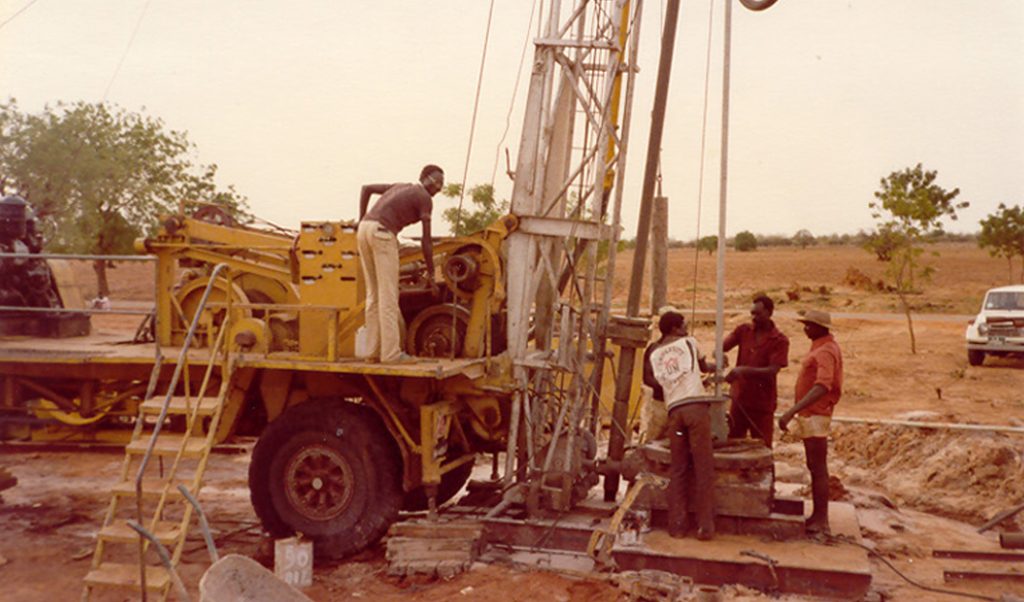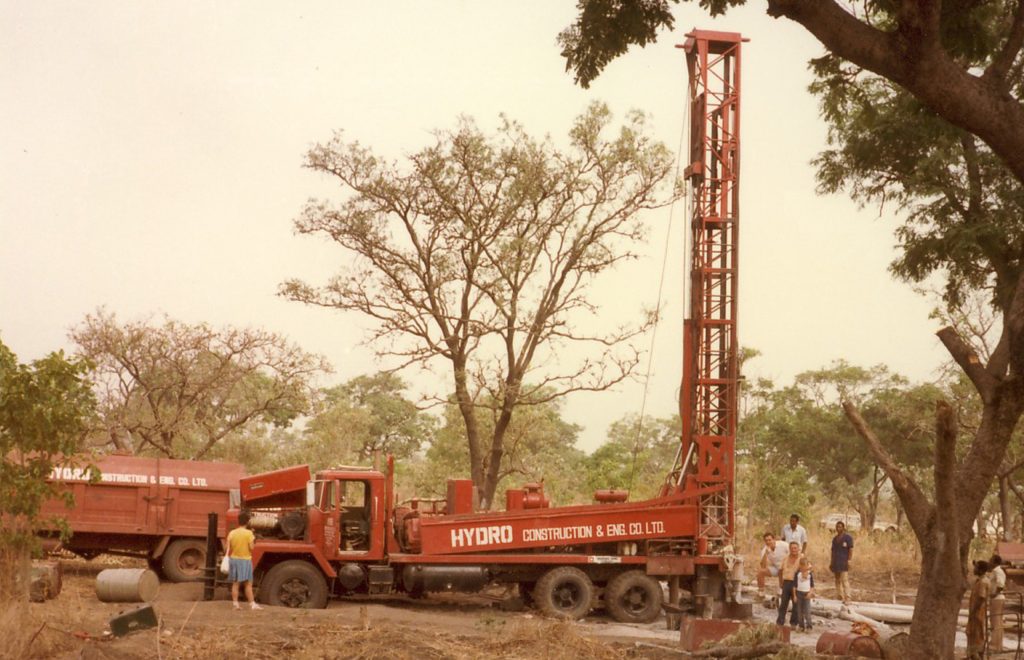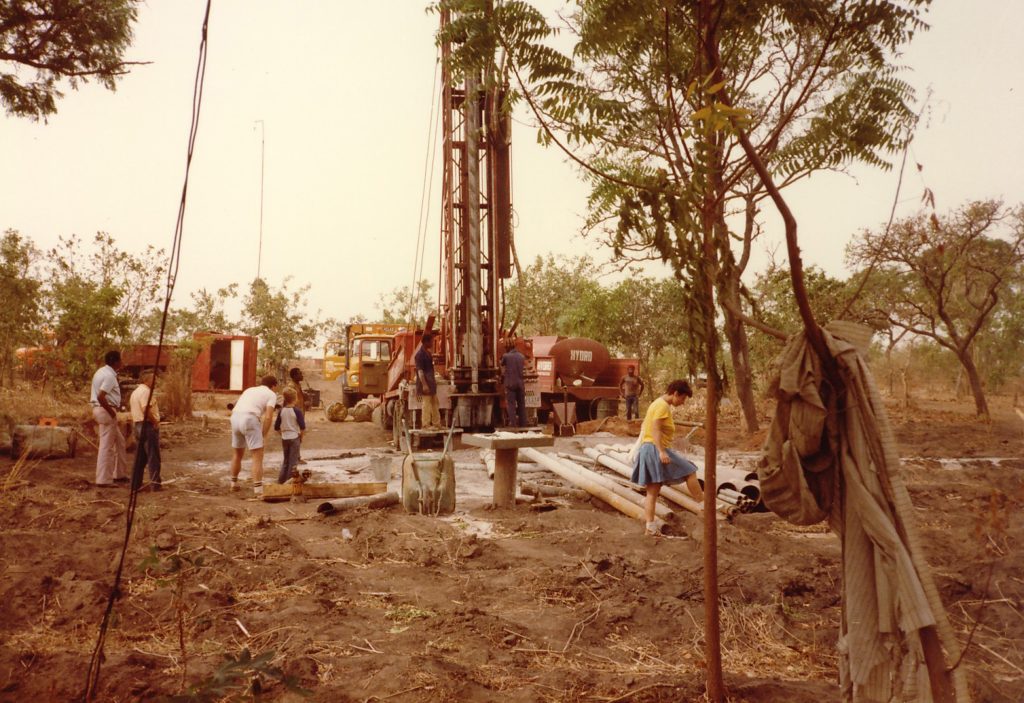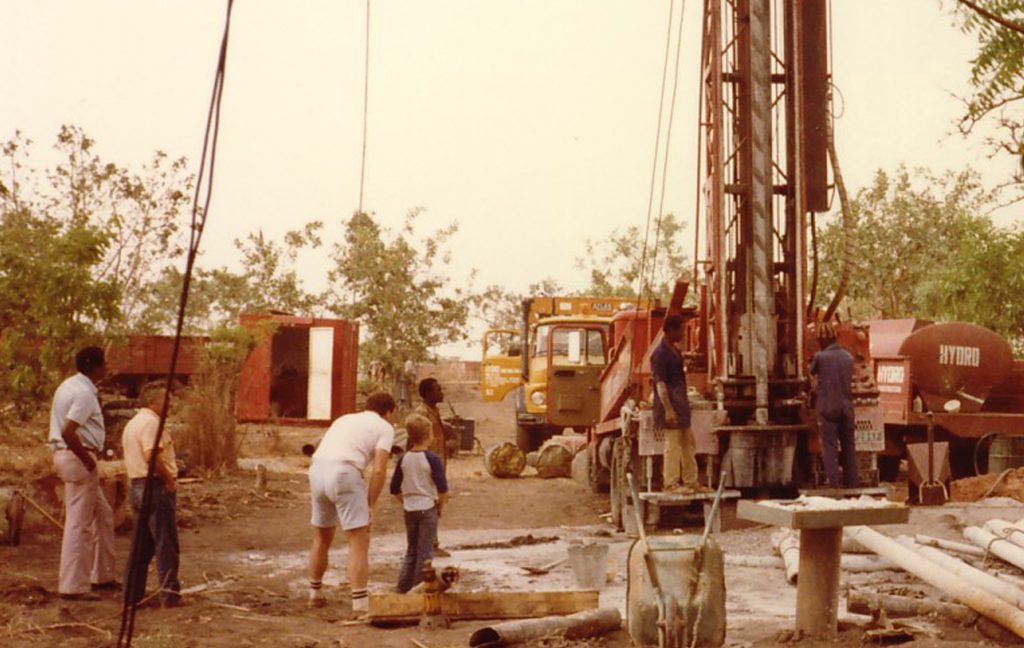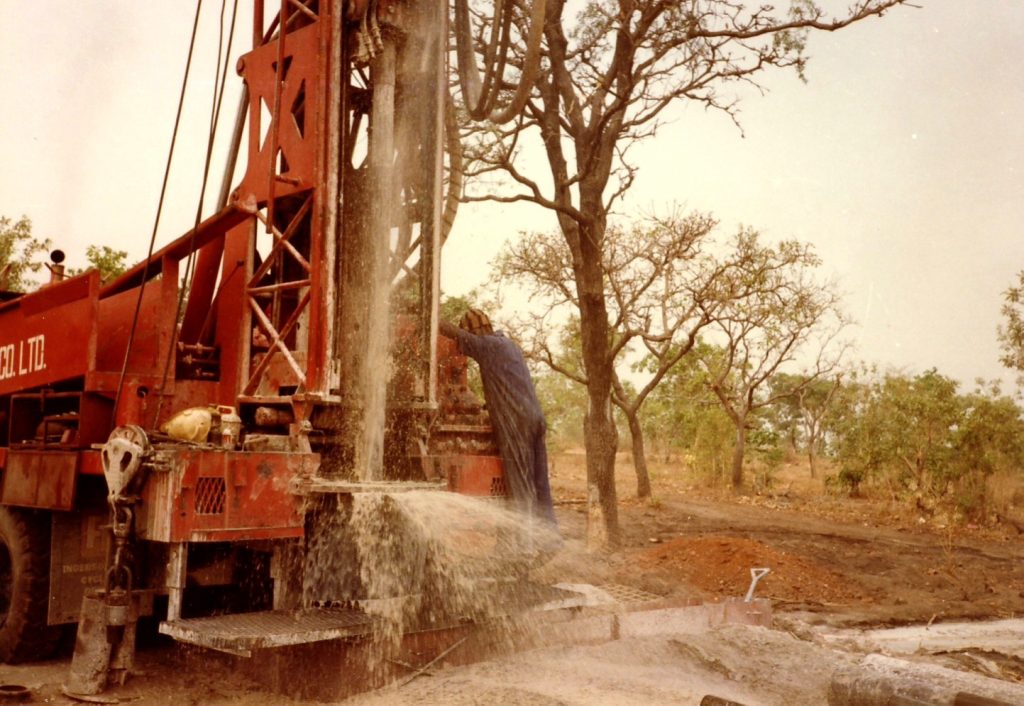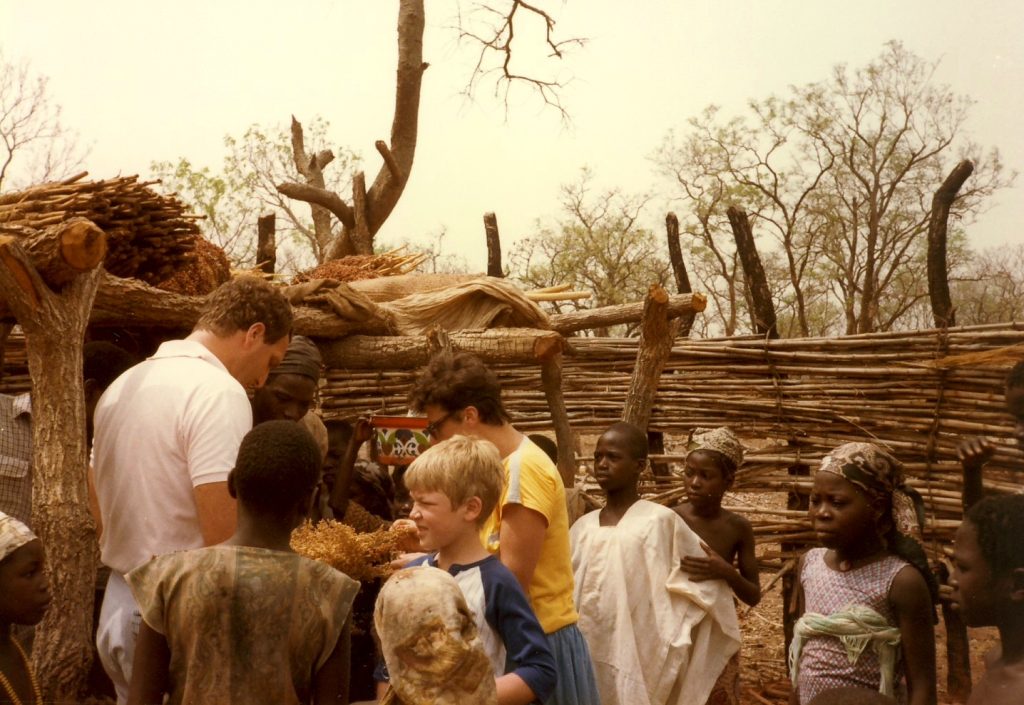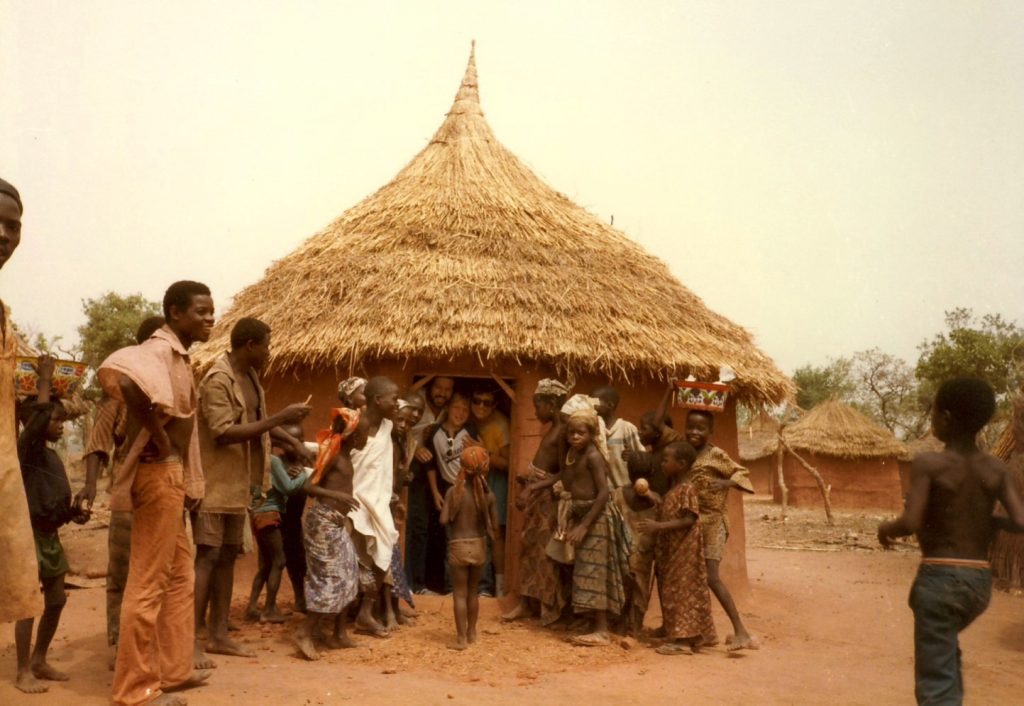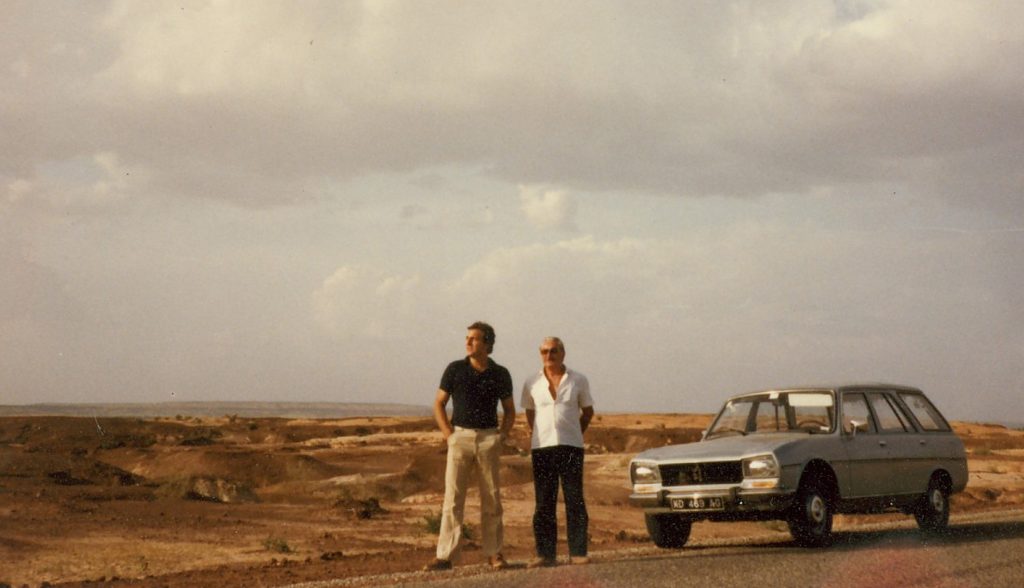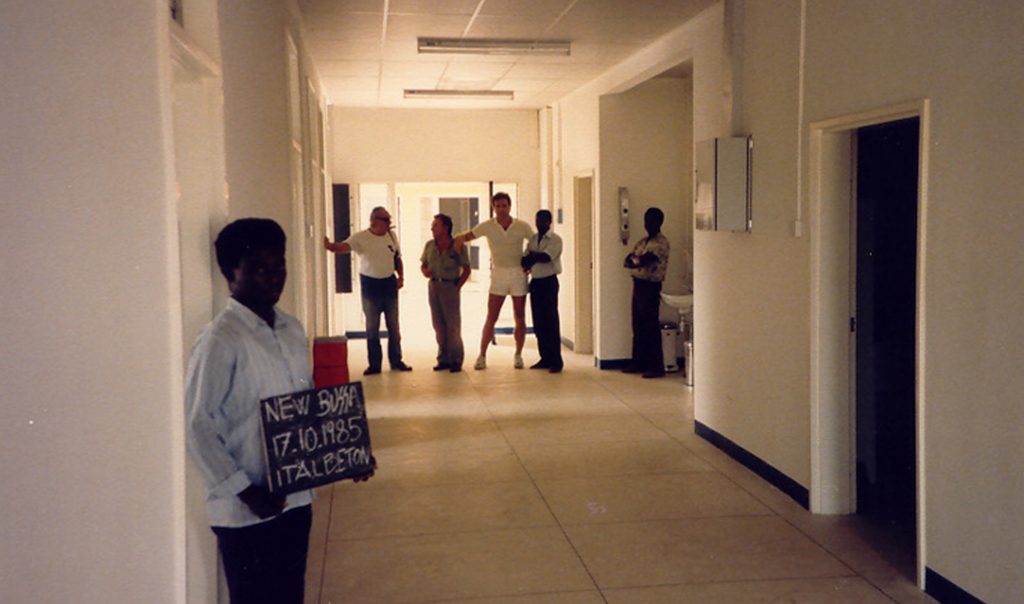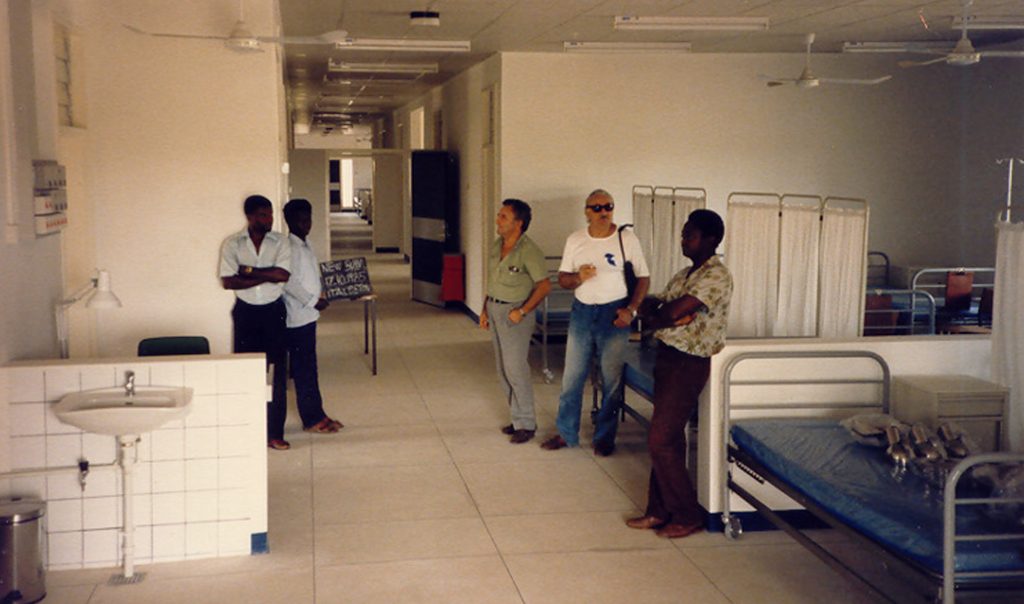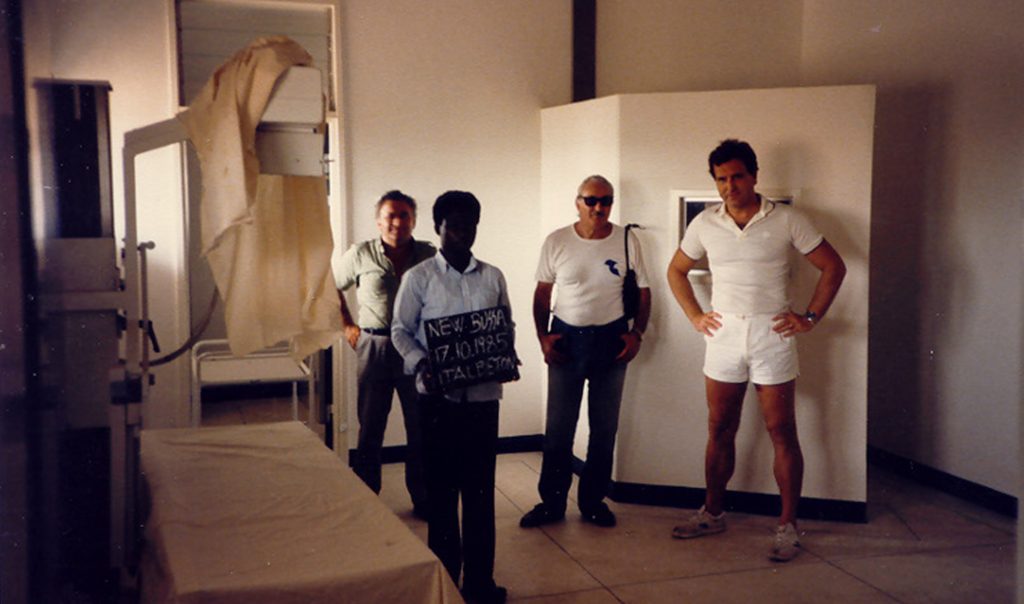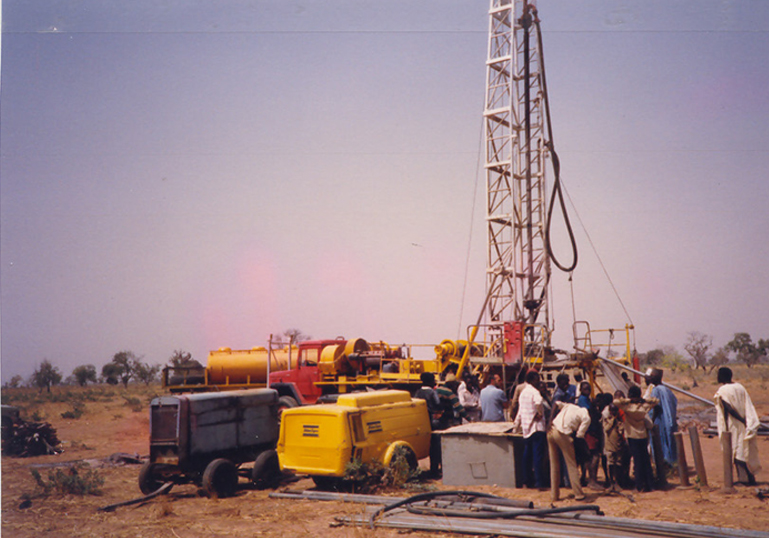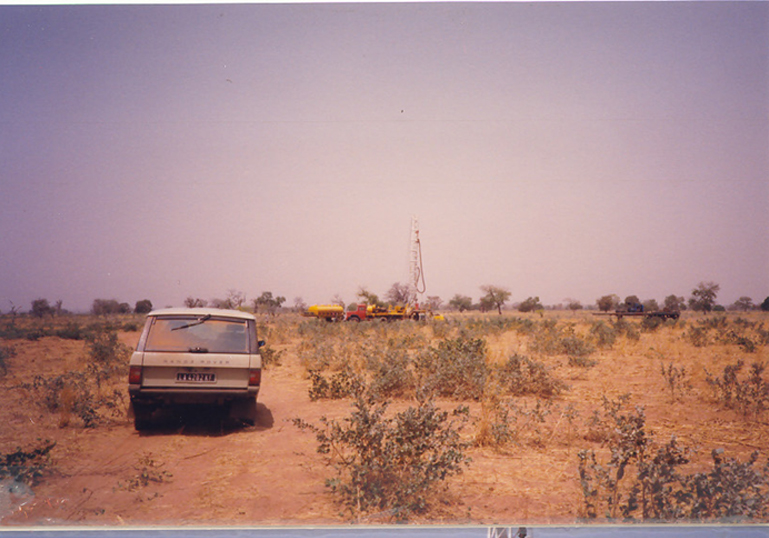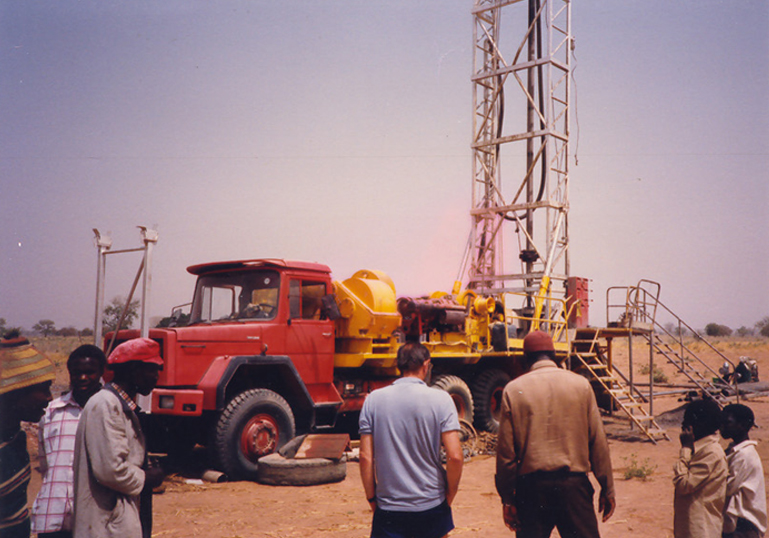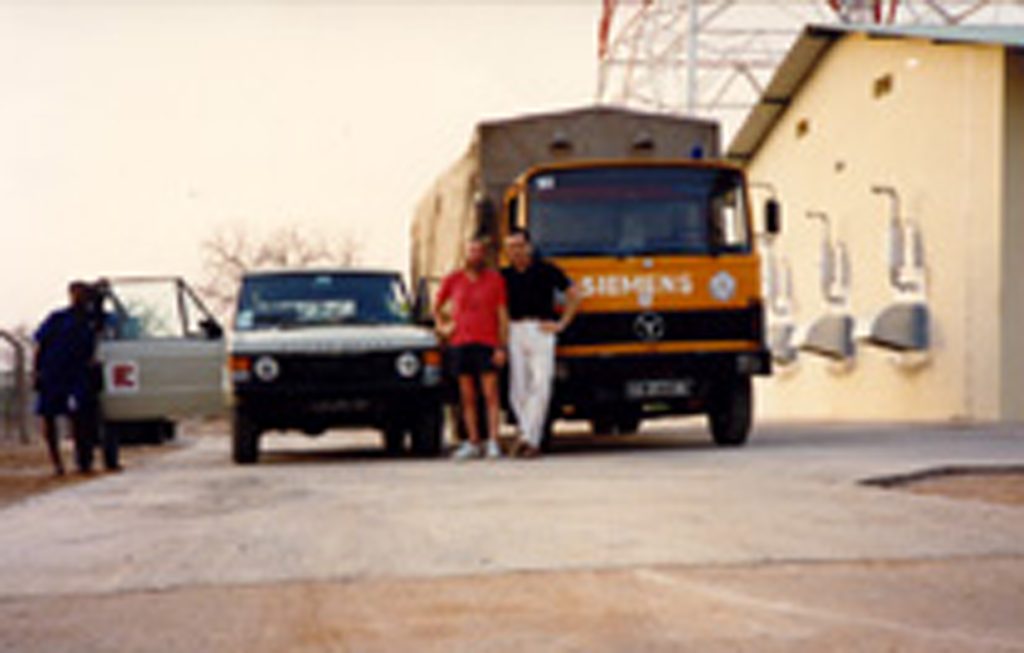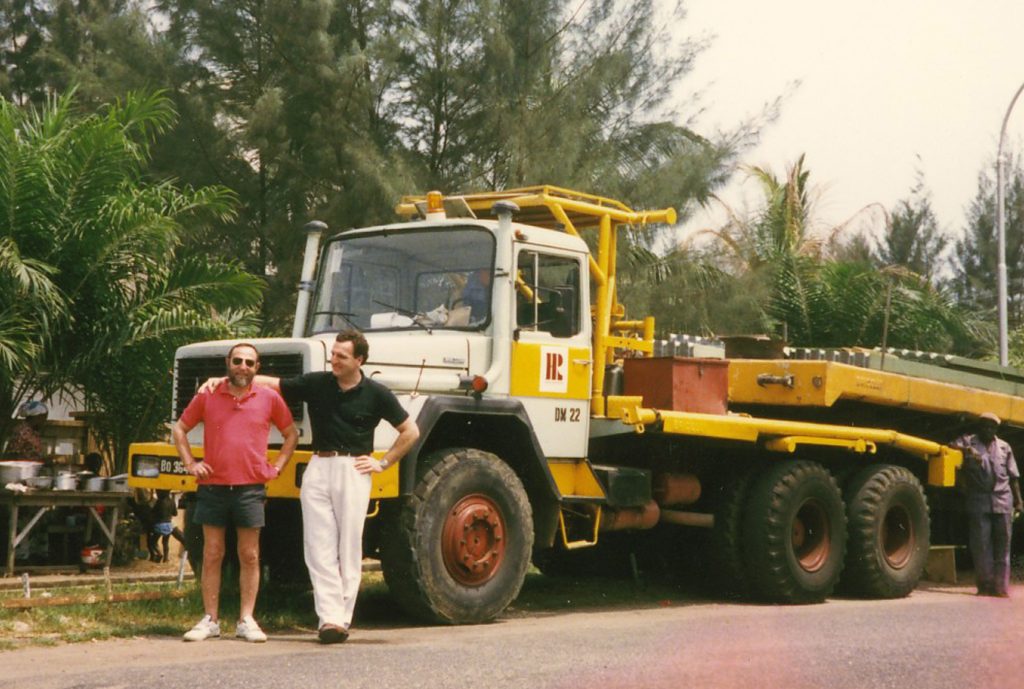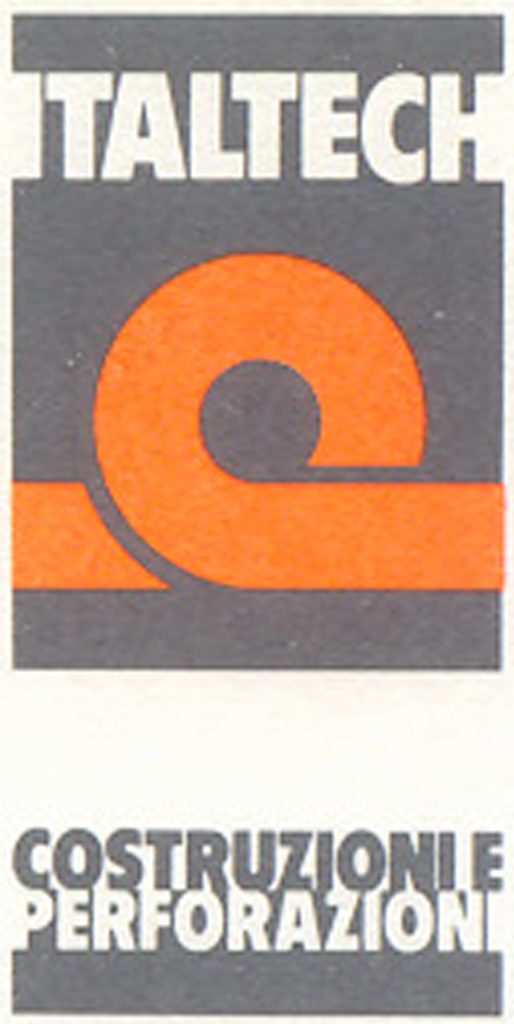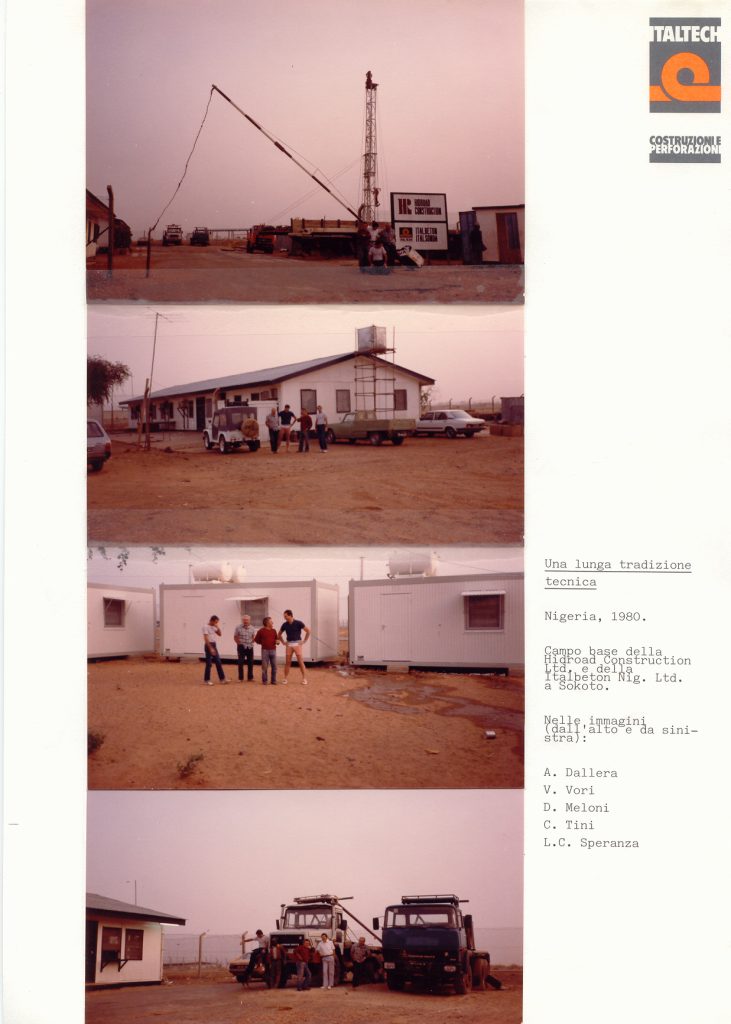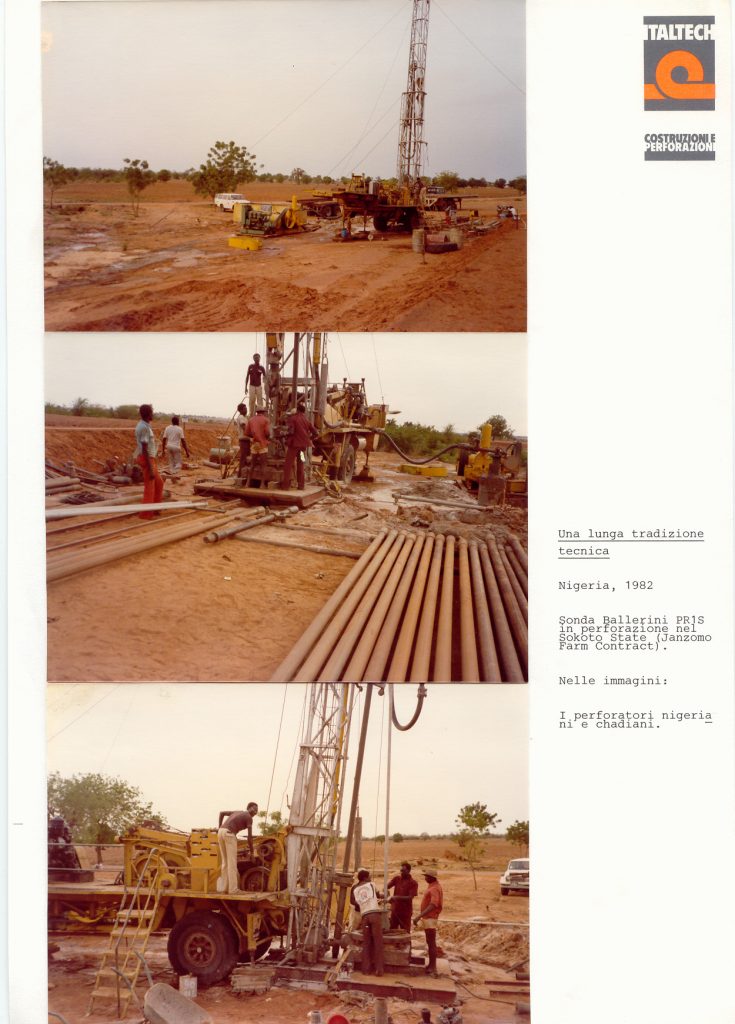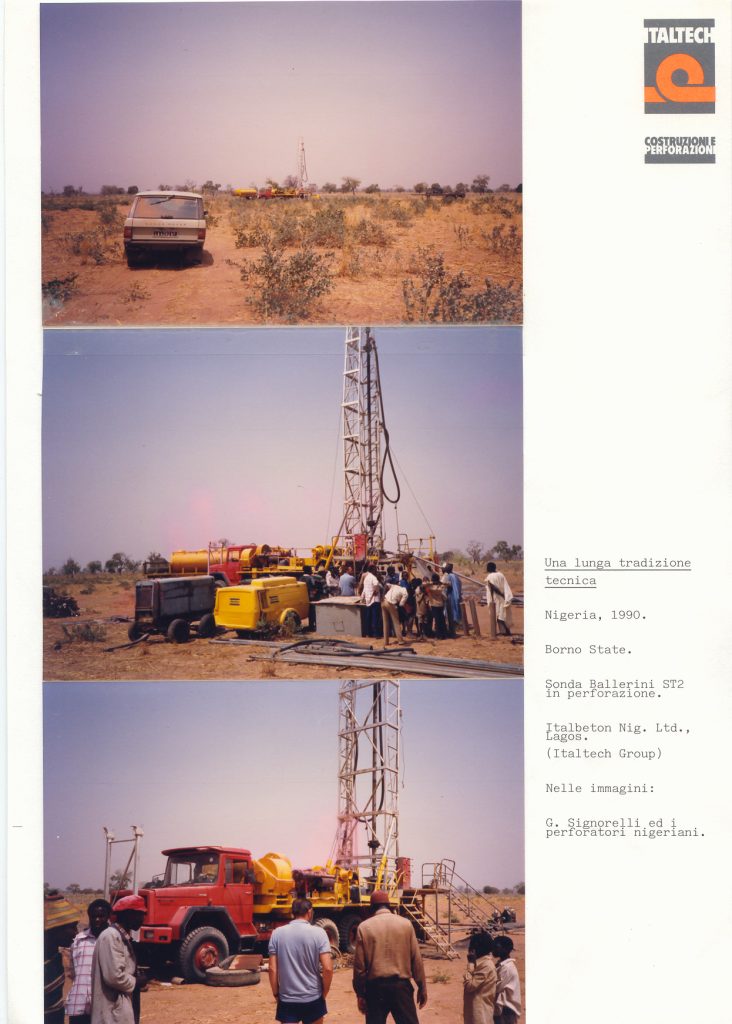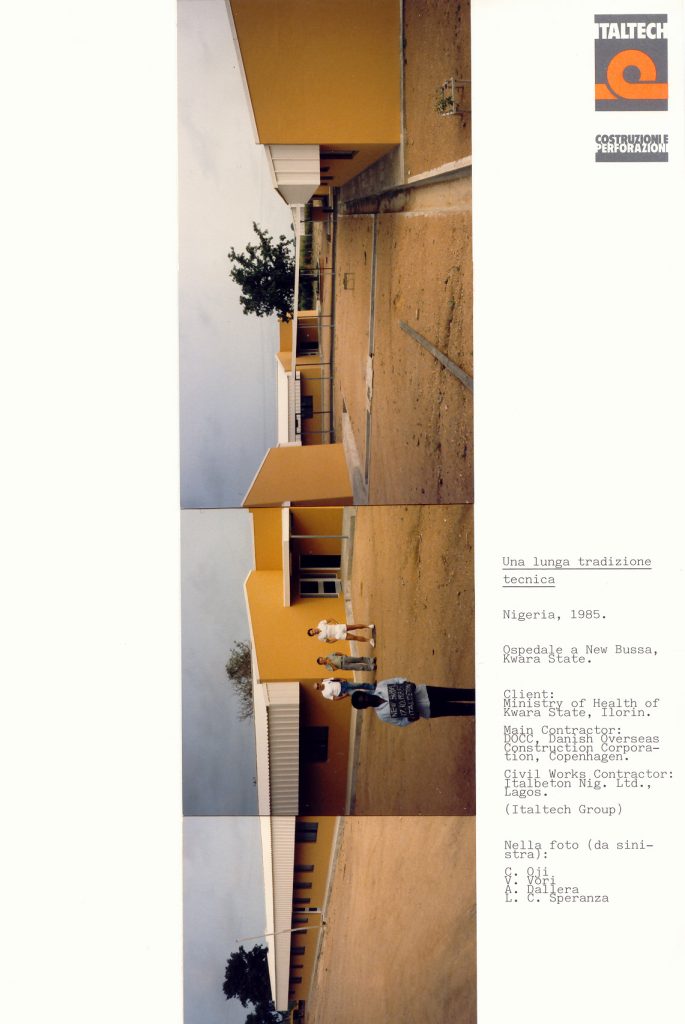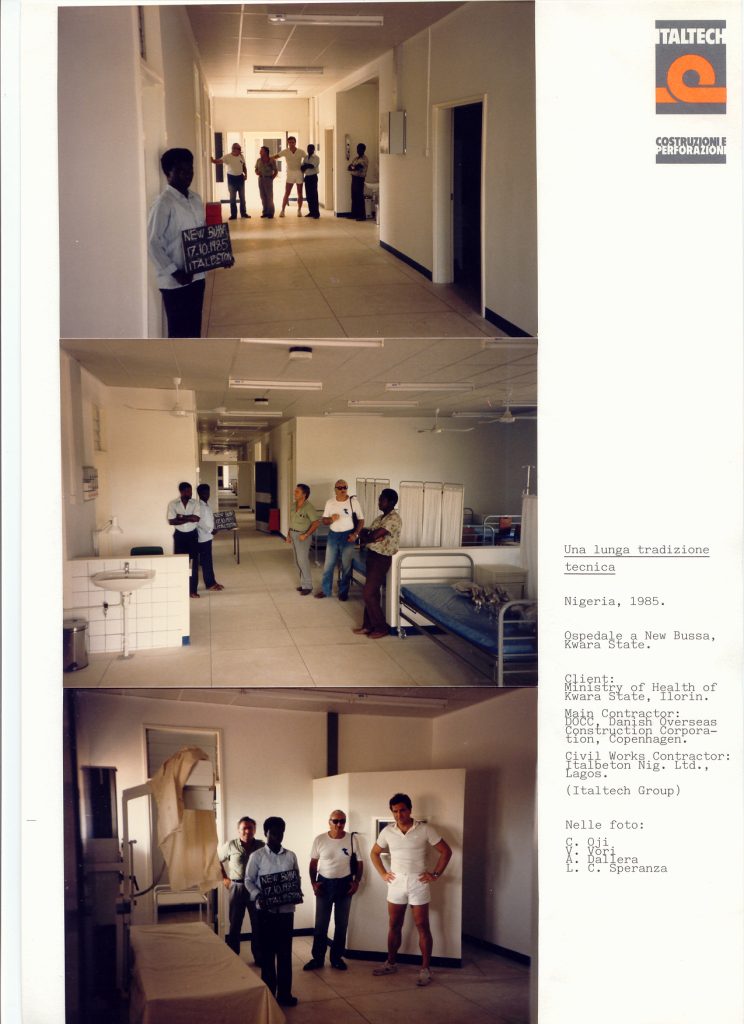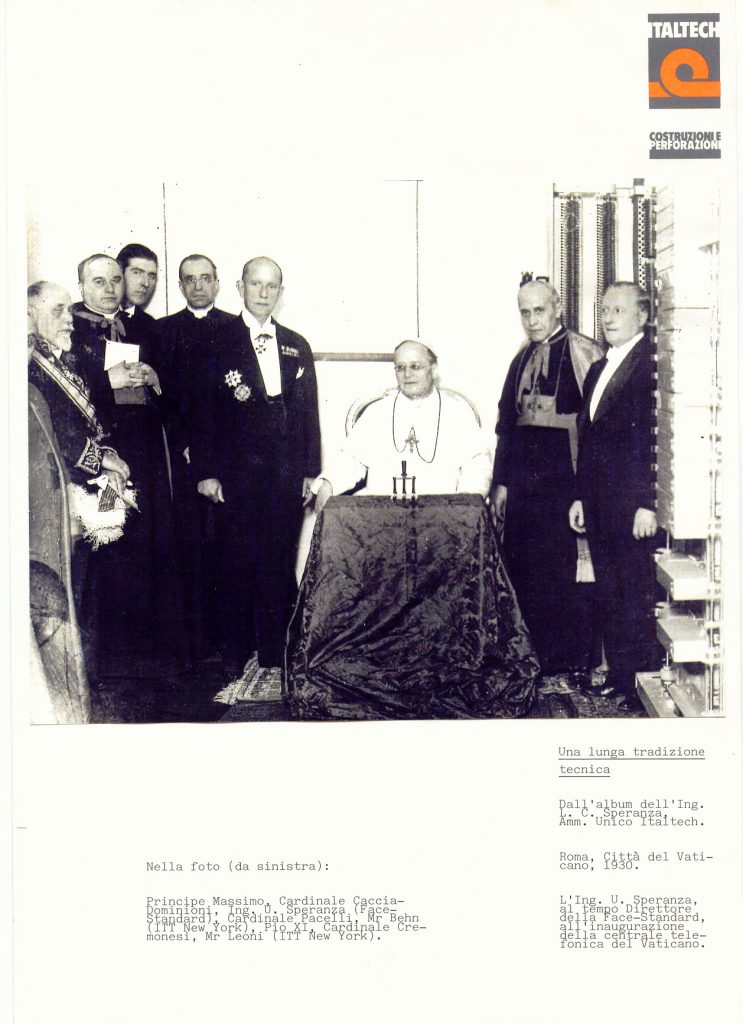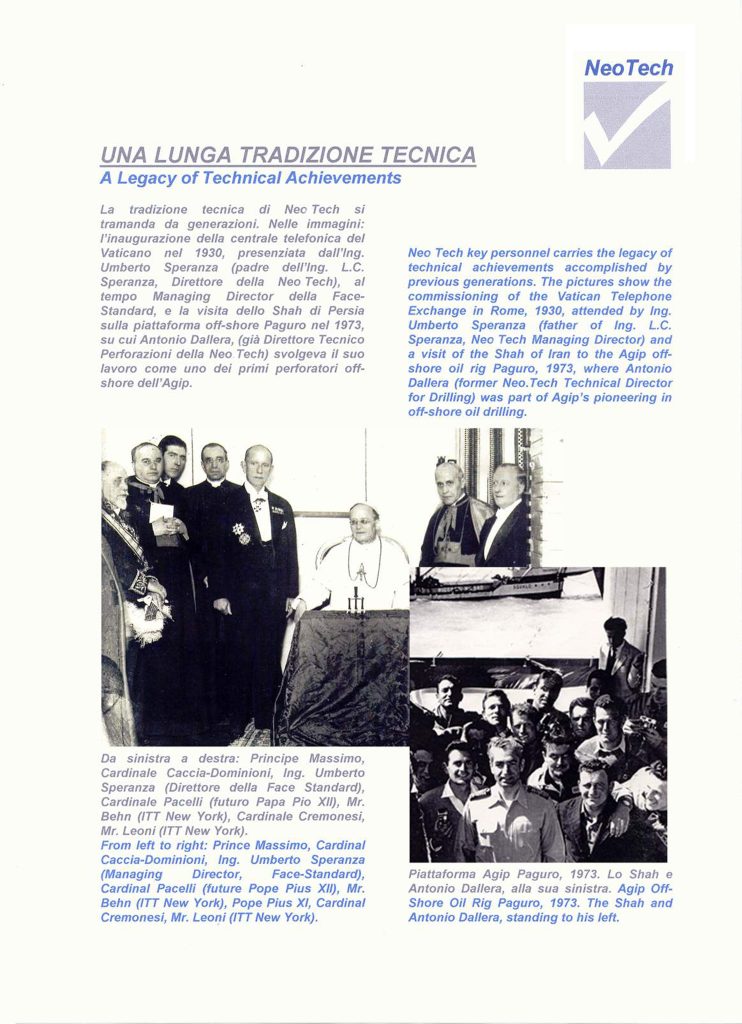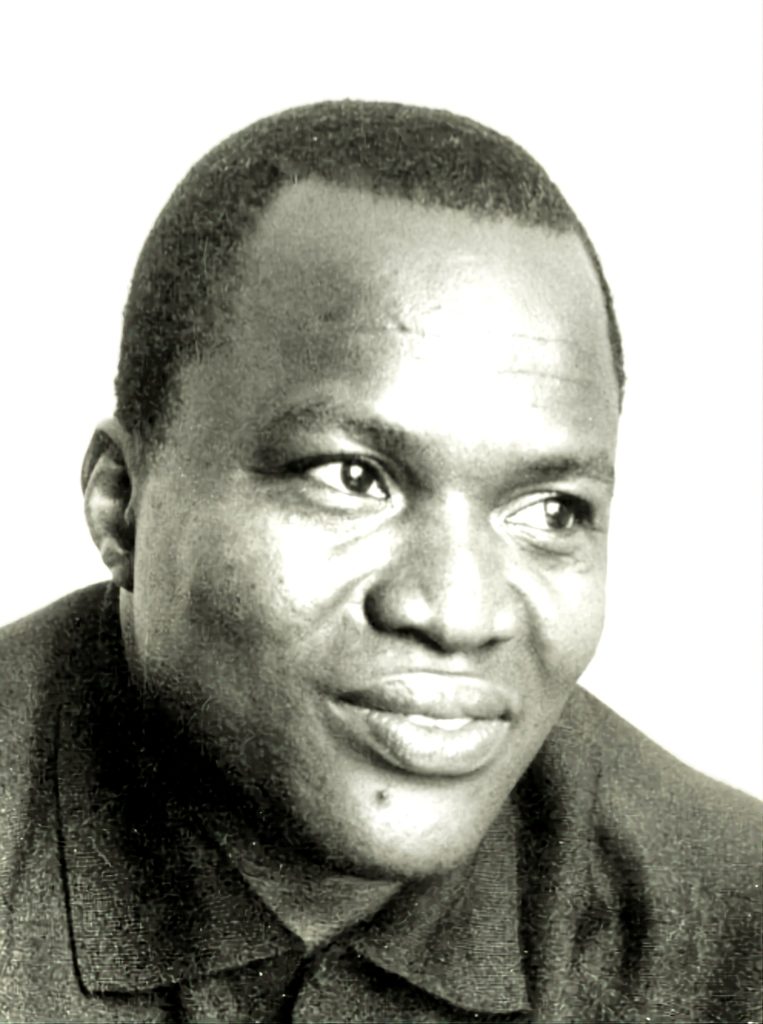
WATER & OTHER PROJECTS IN AFRICA
Negli anni ’70 la Nigeria era un Eldorado. La guerra di secessione del Biafra era finita e il fiume di ricchezza portato dal petrolio alimentava un possente processo di ricostruzione in cui imprenditori e avventurieri provenienti da ogni angolo del mondo cercavano l’opportunità di fare fortuna. Tra i tanti, anche due giovani ingegneri romani stanchi dell’Italia degli anni di piombo. Carlo Franceschi e Luigi Cesare Speranza fondarono a Lagos la Hidroad Construction Company Nigeria Ltd. Poco tempo dopo, quando arrivò in Nigeria il terzo membro del sodalizio, Carlo Tini, venne creata anche una società di perforazione per pozzi d’acqua, la Italbeton Nigeria Ltd.
Grazie alla sponsorizzazione di Michael Ugboma, ex Ambasciatore del Biafra in Italia, uomo di grande levatura e integrità, rispettato anche dai vincitori della guerra, e con l’aiuto di altri importanti personaggi locali, le attività dei giovani imprenditori romani decollarono. Hidroad costruì aeroporti (Sokoto International, Benin City Domestic, Control Tower of the Abuja International Airport), infrastrutture industriali (AGIP LPG Bottling Plant in Benin City), ospedali (14 Rural Hospitals in Kwara State), edifici governativi (Frontier Control Post at the Border between Nigeria and Benin Republic), dorsali di linee telefoniche a ponti radio in subappalto alla SIEMENS, etc. Italbeton realizzò pozzi e sistemi di distribuzione dell’acqua per clienti governativi e internazionali (ELF AQUITAINE e DANIDA / FLEXPLAN / DOCC, Copenhagen), installando sistemi fotovoltaici per il pompaggio delle acque sotterranee.
L’Eldorado durò fino alla fine degli anni ’80. Speranza e Tini tornarono in Italia, Franceschi purtroppo era scomparso anni prima a causa di una malaria non diagnosticata in tempo. Ma Speranza tornò in Nigeria a piu’ riprese, anche in veste di consulente. Lo spettacolo del veloce degrado delle opere appena costruite, in particolare dei pozzi, causato dalla mancanza di manutenzione ispirò l’ideazione di un progetto di cooperazione allo sviluppo chiamato SPIRITUS, che aveva lo scopo di creare nel Sahel un’economia che scoraggiasse l’emigrazione delle popolazioni locali. Anni piu’ avanti, quando ormai l’immigrazione clandestina in Italia di genti del West Africa era diventata imponente, gli stessi autori concepirono EXODUS REVERSED, il cui scopo è incoraggiare il ritorno in patria degli innumerevoli tecnici nigeriani che da noi sono ridotti a fare lavori manuali se non addirittura a delinquere.
______________
In the 1970s Nigeria was the Eldorado. The Biafra secession war was over and a massive and seemingly unstoppable flood of oil money was propelling a staggering and multi-faceted process of reconstruction in which entrepreneurs and adventurers of all sorts, coming from all over the world, were seeking their opportunity to strike gold. Among the many, two young engineers from Rome, tired of the Italy of the ‘Lead Years’.
Carlo Franceschi and Luigi Cesare Speranza established a construction firm in Lagos, named Hidroad Construction Company Nigeria Ltd. Later, when a third young roman entrepreneur, Carlo Tini, joined in, a water well drilling contractor was incorporated, named Italbeton Nigeria Ltd.
Technical proficiency, perseverance, good connections (among which Doct. Michael Ugboma, former Biafran Ambassador to Italy – well respected even among the victors) as well as a bit of good luck resulted in Hidroad building airports (Sokoto International, Benin City Domestic, Abuja International control tower), industrial plants (AGIP LPG Bottling Plant in Benin City and others), hospitals (14 no. Rural Hospitals in Kwara State, and others), government buildings (Frontier Control Post between Nigeria and Benin Republic, and others), backbone radio-link-based telephone lines in subcontract to SIEMENS, etc. Italbeton built a great number of water wells in the Sahelian regions of the North for local governments and international clients (ELF AQUITAINE, DANIDA / FLEXPLAN / DOCC), pioneering the installation of solar photovoltaic systems to lift groundwater.
The Eldorado was over at the end of the 1980s. Speranza and Tini returned to Italy, whereas Franceschi tragically had died of a pernicious malaria, detected when it was too late. But Speranza kept returning to Nigeria (le mal d’Afrique!), also as a consultant. Occasionally he visited some of the infrastructures built by his companies and was struck by the sight of how rapidly they had decayed, because of no maintenance. This prompted him to conceive two projects of international cooperation, SPIRITUS and EXODUS REVERSED, the aim of which is to foster the economy in the Sahelian regions thus discouraging illegal immigration to Europe and even encourage a return to homeland on the part of illegal immigrants. These two projects are now being pushed by SCANGEA ENGINEERING.
